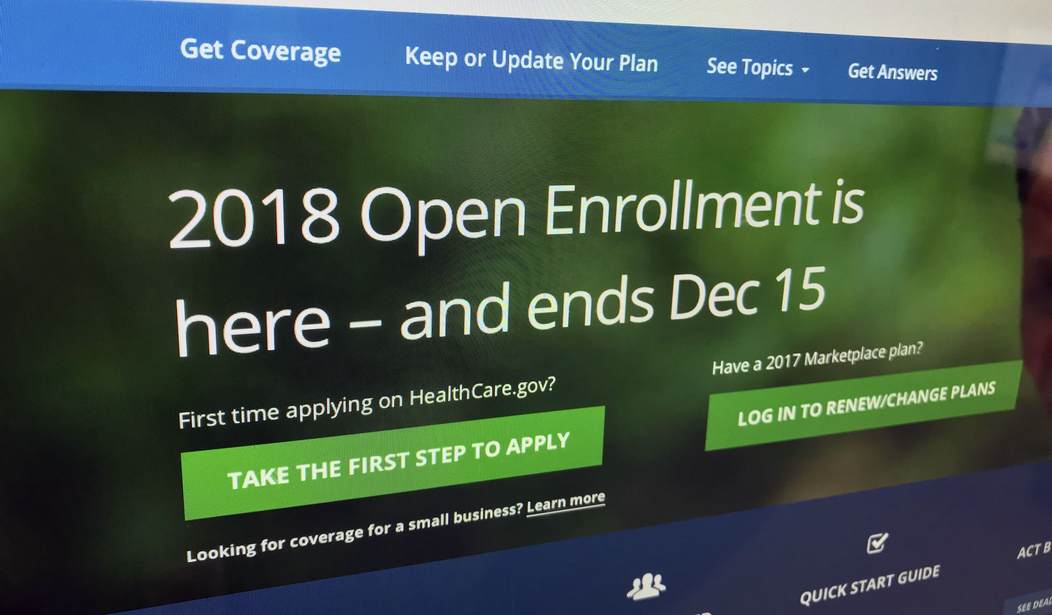Obamacare created perverse incentives that increased hospital consolidation and hospital employment of physicians. The same forces also encouraged consolidation of physician practices in ways that are detrimental to patients. Surprise medical bills are an example. It’s only a small percentage of physicians who engage in the practice but it’s growing.
More than one-in-five hospital patients have reportedly received a surprise medical bill. These occur when out-of-network physicians treat patients and balance bill them for more expensive, out-of-network care. Out-of-network status is often a business strategy allowing some physicians to charge fees many times what their in-network colleagues are paid for the same care. The root cause of surprise medical bills is because patients cannot decline the services of ancillary physicians not affiliated with their health plan network. Give patients a choice and the problem will go away. Unfortunately, these purveyors of bad medicine have deep enough pockets to lobby Congress to protect their gravy train.
Health care is not a competitive marketplace. Thus, few medical providers compete for patients on the basis of price. Take hospitals for example. Hospitals are the most expensive places to receive medical care. It’s best to void them whenever you can but what if your doctor goes to work for one? About 44% of physicians work for hospitals. Indeed, in 2018 nearly half of practicing physicians were employees of some type (47%), according to the AMA. This is more than owned their own practices (46%).
I used to work in a hospital. Like most jobs, when a hospital is your employer you follow orders or find another job. Hospital employers may encourage admissions that are unnecessary. They may establish quotas to boost the number of diagnostic tests ordered. Hospital procedures may stipulate referrals only to colleagues employed by the same hospital system. Hospital employers may impose individual physician revenue targets that create perverse incentives, making it harder for doctors to advocate on behalf of their patients. Physicians employed by hospitals often have offices in the same buildings as independent physicians. Patients often don’t know the physician they’ve seen for years now works for a hospital until they receive a bill for costly hospital facility fees.
Recommended
Individual deductibles can run anywhere from $3,000 to $7,000. With that much money on the line, most consumers welcome any news that helps them save money. In other words, the more information patients receive, the better regardless of where it comes from. This sometimes takes the form of prior authorization. Several years ago, my wife was sent to a hospital for a CT scan. She was not a hospital inpatient nor was her doctor employed by one; she was sent there due to a misunderstanding. She discovered through prior authorization that her cost-sharing would be about $2,700. That gave us enough time to find a free-standing radiology clinic that performed the scan for $403. Other diagnostic tests performed by the hospital did not require prior authorization. The hospital business office assured her insurance would cover them. That was not the case because her deductible had not been met. The hospital billed her more than $700 for tests that would have cost about $200 elsewhere had she known. Indeed, my urologist’s website says occasionally they will need to seek prior authorization on a treatment and that helps patients understand their cost sharing.
Understandably, physicians hate prior authorization as a waste of their time and challenging their prerogative. A physician on Twitter told me “my experience is that most are for necessary care, most are approved, and most seem like a waste of my clinical time for little to no benefit to anyone.” I get it. Nobody likes being seconded guessed, having to ask permission or being micromanaged. Yet I can’t help but remember times when the day it took to get prior authorization gave us time to consider alternative therapies and their costs. A survey by the American Medical Association (AMA) found nearly half of requests for prior authorization were approved within one day while more than two thirds were approved in two business days.
The Texas Medical Association (TMA) commissioned a recent survey on prior authorization. Don’t forget, this group fought to defeat a bill protecting consumers from surprise medical bills in 2019. The survey found nearly one-quarter of voters (24%) claimed to have been denied care through health plans’ prior authorization requirements. The same survey also found 69% had not been denied care. The survey presumably refers to elective care but doesn’t appear to differentiate between necessary care, experimental care and cosmetic procedures. The later two are rarely (if ever) covered by insurance.
Without knowing the nature of care purportedly denied it’s difficult to put much faith in the TMA’s conclusion, but that wasn’t the point. The survey was politically motivated in hopes of boosting physicians’ prerogative by taking discretion away from health plans. This gets a little scary when your physician works for a hospital and your deductible is sky high.
Over the years I have been blessed with wonderful, attentive physicians who were strong advocates for my health. When I told them I’m price sensitive they’ve always helped me look for cheaper alternatives. Yet, I’m also keenly aware of the effect perverse incentives can have on the doctor/patient relationship. The good news is an increasing number of physicians are trying to escape the rat race and work directly for their patients. These include those whose practices have shifted to direct primary care (DPC). DPC physicians compete for patients on the basis of price, quality and other amenities. They look for ways to save their patients money rather than opportunities for their employer to gouge them. That’s important considering patients can use all the help they can get.

























Join the conversation as a VIP Member